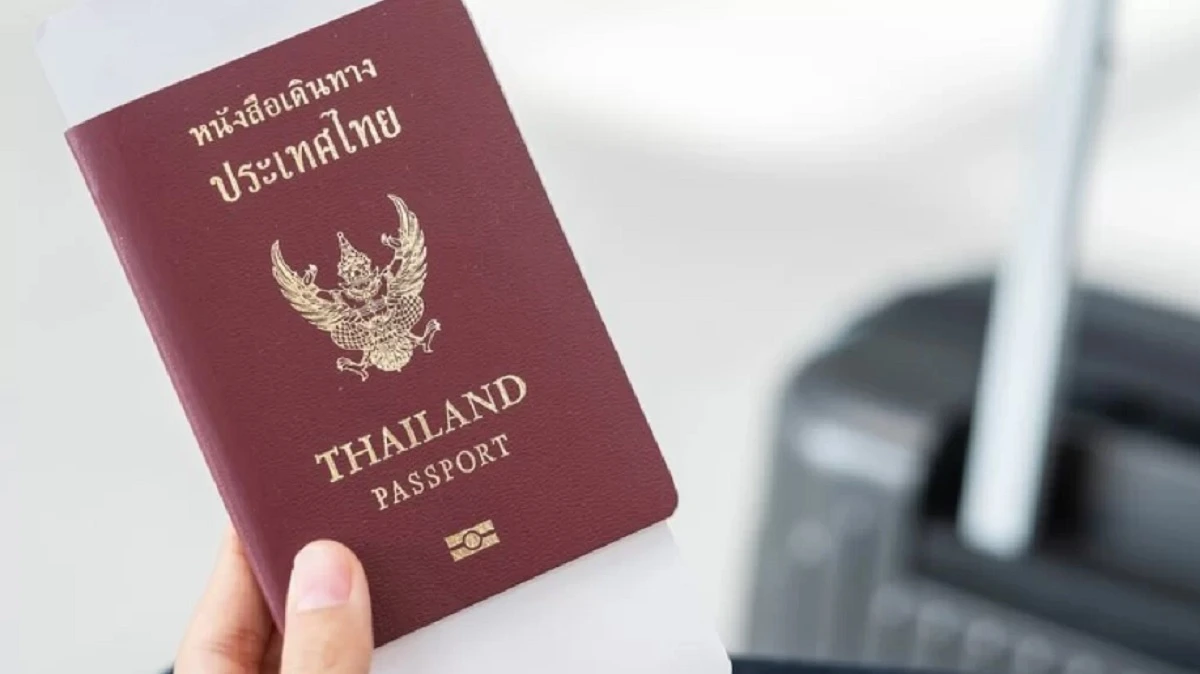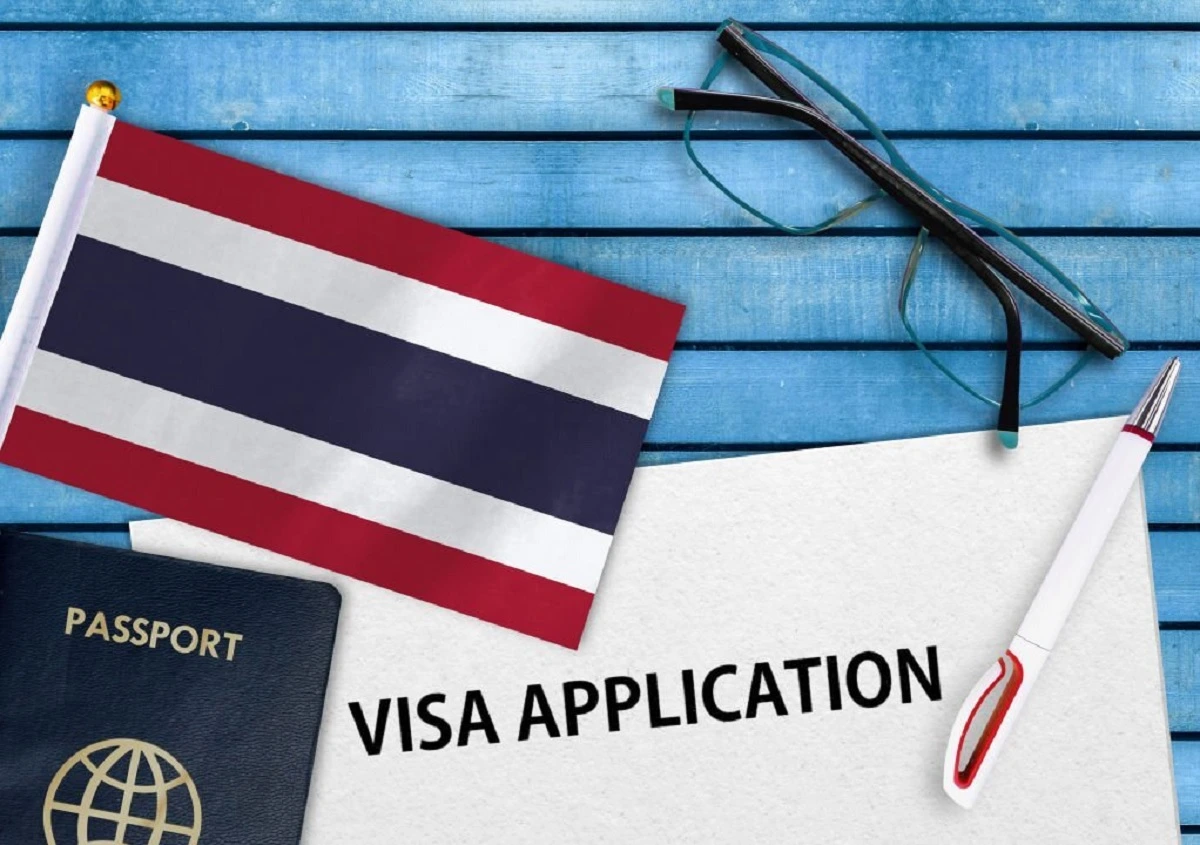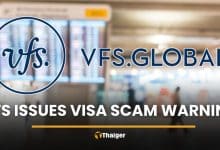Ultimate guide to secure your Muay Thai Visa in Thailand

Dreaming of mastering Muay Thai in its homeland? Securing your Muay Thai visa in Thailand is the first step towards turning that dream into reality. Navigating the visa process might seem daunting, but with the right guidance, you can focus more on your training and less on paperwork.
This ultimate guide will walk you through everything you need to know about obtaining your Muay Thai visa, from understanding the different types of visas available to the essential documents you’ll need. Whether you’re a seasoned fighter or a beginner, this guide ensures you’re well-prepared for your journey.
Understanding the Muay Thai visa in Thailand
Engaging in Muay Thai training within Thailand necessitates the acquisition of an Education Visa (ED visa), specifically tailored for foreign nationals desiring prolonged stays in the country to partake in educational endeavours, including Muay Thai training. This visa serves as an essential element for those aiming to gain a comprehensive understanding of the discipline directly from its origin.
Eligibility for the Muay Thai visa requires enrollment at a certified Muay Thai institution. These establishments are not only renowned for their superior instruction but also assist in the visa application process. It is important to acknowledge that requirements may differ based on the institution and its geographical location; therefore, direct consultation with the intended school is advised for precise information.
From an economic perspective, investing in such training constitutes a significant investment in one’s personal development and passion. For example, participation costs for a 6-month course might commence at 41,000 THB, and a 9-month program could start at approximately 46,000 THB. Generally, these fees encompass both training and occasionally accommodation; nevertheless, it is imperative to confirm what is included in each programme.
Upholding eligibility under a Muay Thai visa demands active engagement in your selected training programme. This endeavour goes beyond merely residing in Thailand; it requires a genuine commitment to advancing one’s proficiency in Muay Thai. Regular attendance and ongoing assessments of progress are essential components of maintaining your visa status.
Types of Muay Thai Visas

When planning your Muay Thai training journey in Thailand, understanding the visa options available is crucial. Each type of visa serves a different purpose and understanding these will help you plan your stay effectively.
Tourist visa
Initially, you might consider a Tourist Visa for short-term visits. Designed for leisure travel, it allows you to explore training opportunities or even engage in short-term training at a Muay Thai gym. However, remember it’s crucial to adhere to the conditions of your visa.
Education visa
Individuals committed to deeply engaging with Muay Thai may find the Education Visa (ED visa) most suitable. This particular visa is designed exclusively for students registered in certified Muay Thai programmes, as acknowledged by the Thai Ministry of Education. Offering durations that generally extend from six months to one year, the ED visa facilitates a more profound involvement in both Muay Thai culture and its training regimen.
Securing an ED visa involves enrolling in a certified programme and meeting Thai immigration’s requirements, including regular check-ins. It’s a commitment not just to learning Muay Thai but also to respecting and adhering to the educational visa’s stipulations.
Whether you’re in Thailand for a brief Muay Thai experience or a long-term training journey, choosing the right visa is essential. Each option has its prerequisites and benefits tailored to your training goals.
Requirements for a Muay Thai Visa

Securing a Muay Thai visa for Thailand in 2024 involves meeting specific eligibility criteria and gathering necessary documentation. Understanding these details ensures a smoother application process.
Who can apply?
Anyone intending to train in Muay Thai for an extended period can apply for the Non-Immigrant O visa. Applicants must plan a stay of at least 90 days focused primarily on Muay Thai training. This visa suits both novice and seasoned fighters. However, applicants need to demonstrate a genuine interest in Muay Thai.
Individuals must not have a criminal background. Background checks are part of the vetting process. Additionally, applicants should have a reliable training camp in Thailand. The camp often provides necessary support documentation.
Necessary documents
Prepare the following documents to apply for a Muay Thai visa:
- Valid Passport: Ensure your passport is valid for at least six months from the date of entry into Thailand.
- Visa Application Form: Complete the visa application form accurately.
- Passport-sized Photos: Provide two recent passport-sized photos.
- Proof of Training Enrolment: Obtain an acceptance letter from a recognised Muay Thai training camp in Thailand.
- Financial Proof: Show evidence of sufficient funds. This typically means bank statements or a financial guarantee.
- Travel Itinerary: Include your flight tickets or travel reservations.
- Medical Certificate: Some applications may require a medical checkup certificate.
Ensure all documents are up-to-date and accurate. Incomplete or outdated documents can delay the visa process.
Embracing these requirements is the first step towards your Muay Thai journey in Thailand. With the right preparation, you’ll navigate the process smoothly, moving closer to your goal. Remember, each step is part of the larger adventure, enriching your understanding and appreciation of Muay Thai culture.
The application process for a Muay Thai Visa

Securing your Muay Thai visa for an extended stay in Thailand requires several steps. Here’s a detailed breakdown of what you need to do.
- Gather Required Documents
Prepare your valid passport, visa application form, recent passport-sized photos, proof of enrolment from a verified Muay Thai camp, financial proof, travel itinerary, and possibly a medical certificate. - Complete Application Form
Fill out the non-immigrant O visa application form available on the Thai embassy or consulate website. Ensure all details match your supporting documents. - Submit Your Application
Submit the completed form and required documents to the nearest Thai embassy or consulate. Some consulates may accept postal applications, so check their specific submission guidelines. - Pay Visa Fees
Pay the visa application fees as per the consulate’s requirements. Keep proof of payment for your records. - Attend Interview (if necessary)
Attend an interview if requested by the embassy or consulate. Answer all questions truthfully and provide any additional documents they request.
Expected processing time
Processing your Muay Thai visa typically takes 5 to 10 business days. Specific times vary depending on the embassy or consulate you applied through and the completeness of your application. Ensure you allow adequate time before your planned departure in 2024.
Visa fees
Fees for the Non-Immigrant O visa vary. Generally, you’re expected to pay between £50 and £100. Different consulates may have slight variations in their fee structure. Check the exact amount on the embassy’s official website and ensure payment methods are understood.
Facing visa denial can be discouraging, but it’s an obstacle you can overcome. Begin by identifying the reasons for rejection provided by the Thai consulate. Next, address these issues directly—whether it’s providing additional documentation or clarifying your training intentions. Reapplying with a strengthened application can turn your visa denial into approval.
Frequently Asked Questions (FAQ)
How long is the processing time for a Muay Thai Visa?
The processing period varies considerably, based on the chosen school and course duration. It is recommended to check regularly for updates on the official Thai e-Visa website.
If I face visa denial, what should my next steps be?
Identify and understand the reasons provided for rejection by the Thai consulate, then reapply after addressing these issues directly by providing additional documents or clarifying training intentions.
What are the essential documents required for a Muay Thai Visa application?
A valid passport, proof of enrollment in a certified Thai boxing programme, a clean criminal record, and financial proof showing a balance of at least 20,000 THB are crucial for the application.
The journey might hold challenges, particularly with the stringent and detailed visa application process. However, with thorough preparation, proactive problem-solving, and the true spirit of a martial arts enthusiast, aspirants can navigate this path successfully. The reward is the privilege of experiencing an authentic, enriching, and profound Muay Thai education amidst the fascinating Thai culture.
Latest Thailand News
Follow The Thaiger on Google News:


























